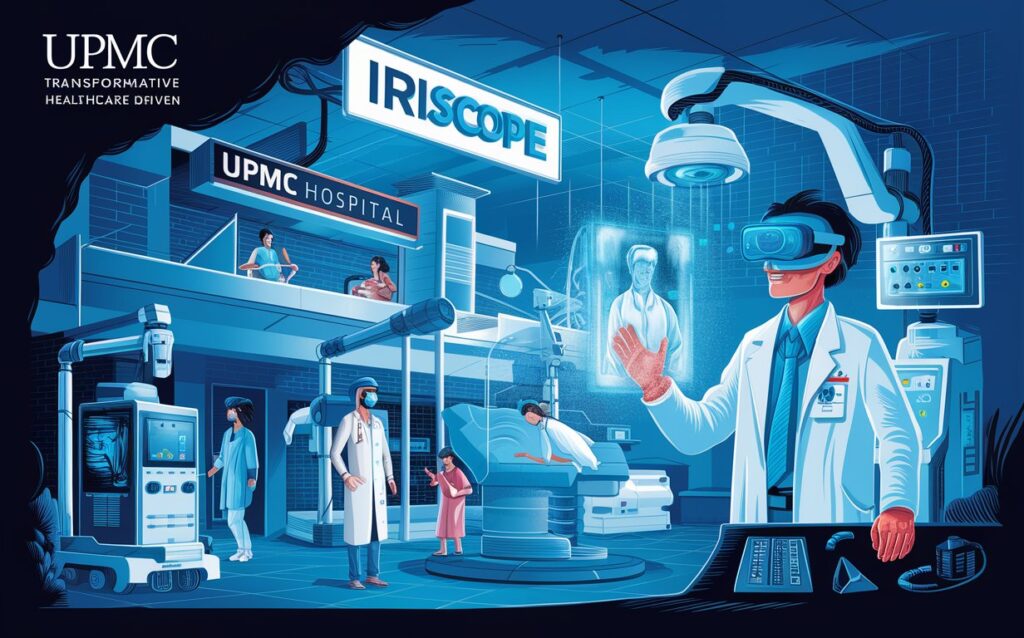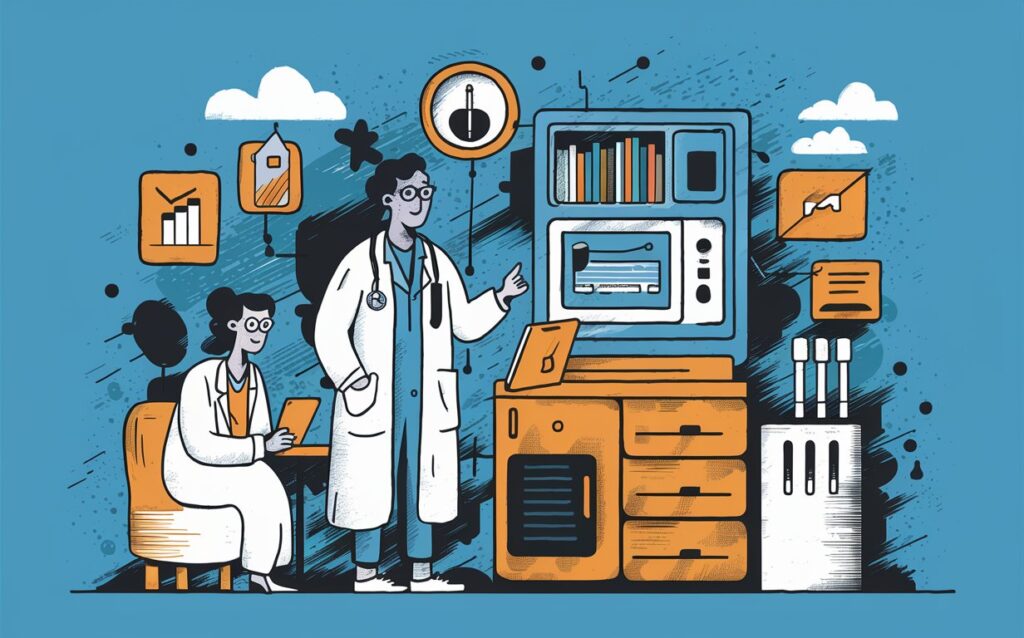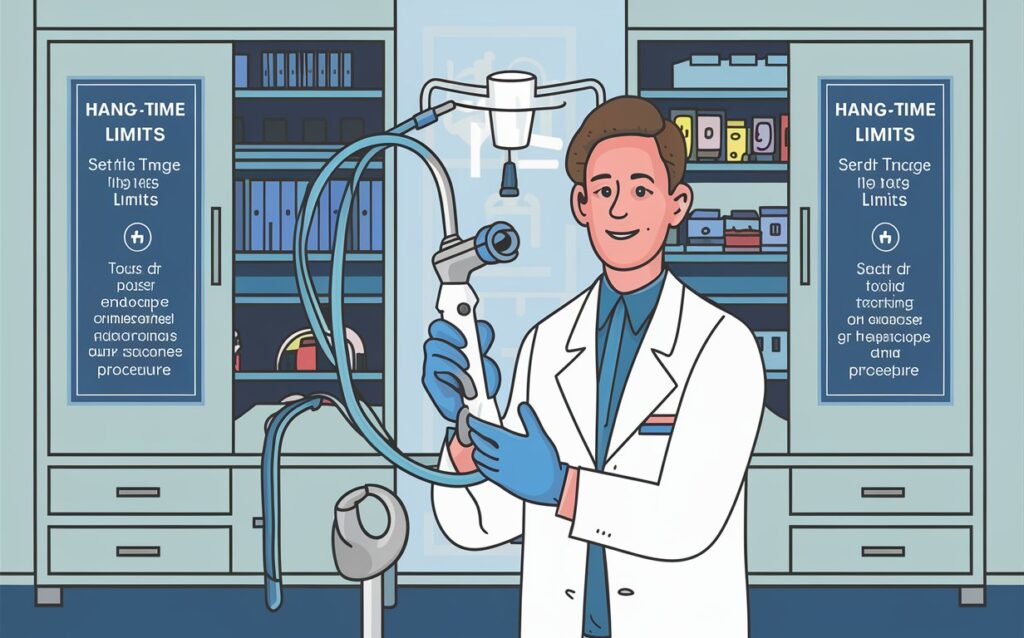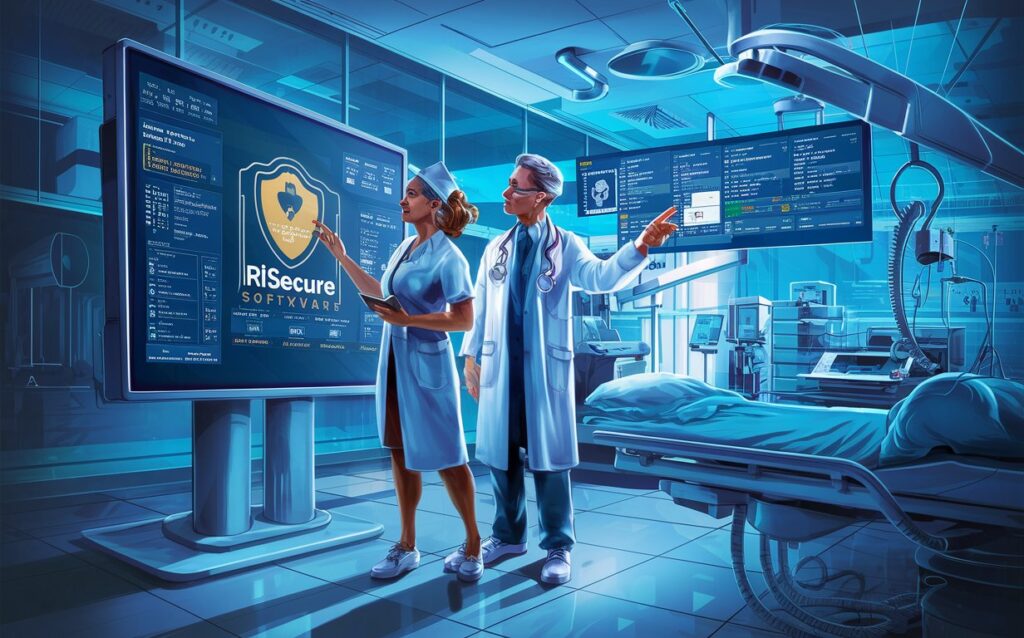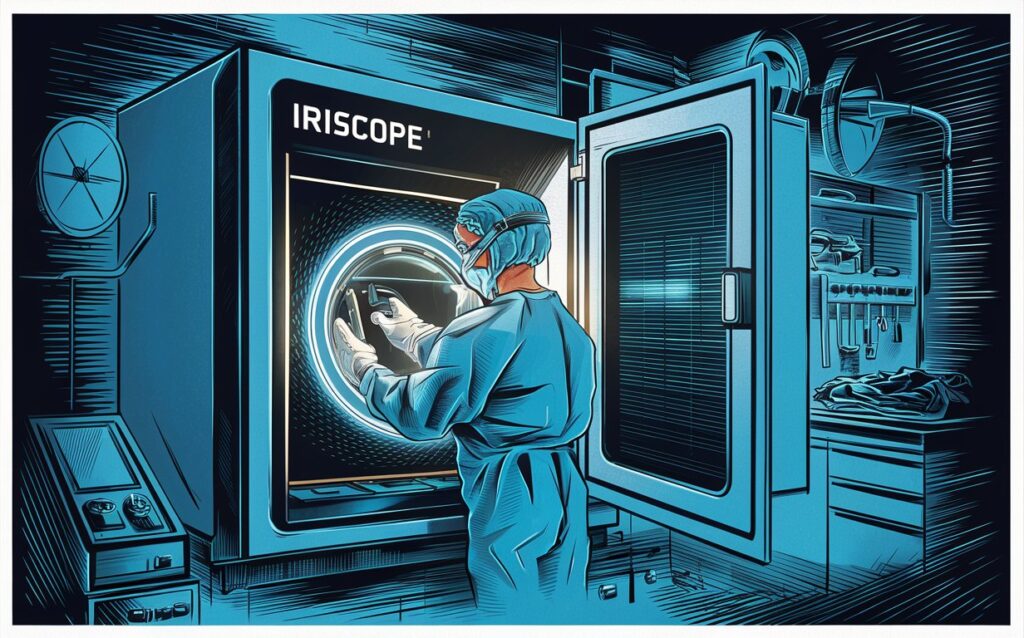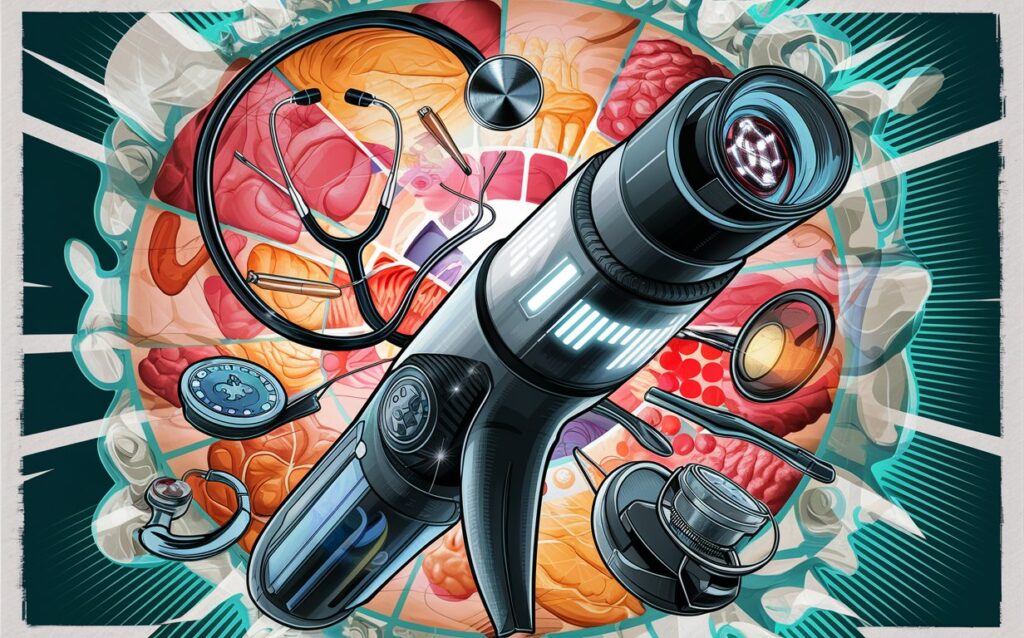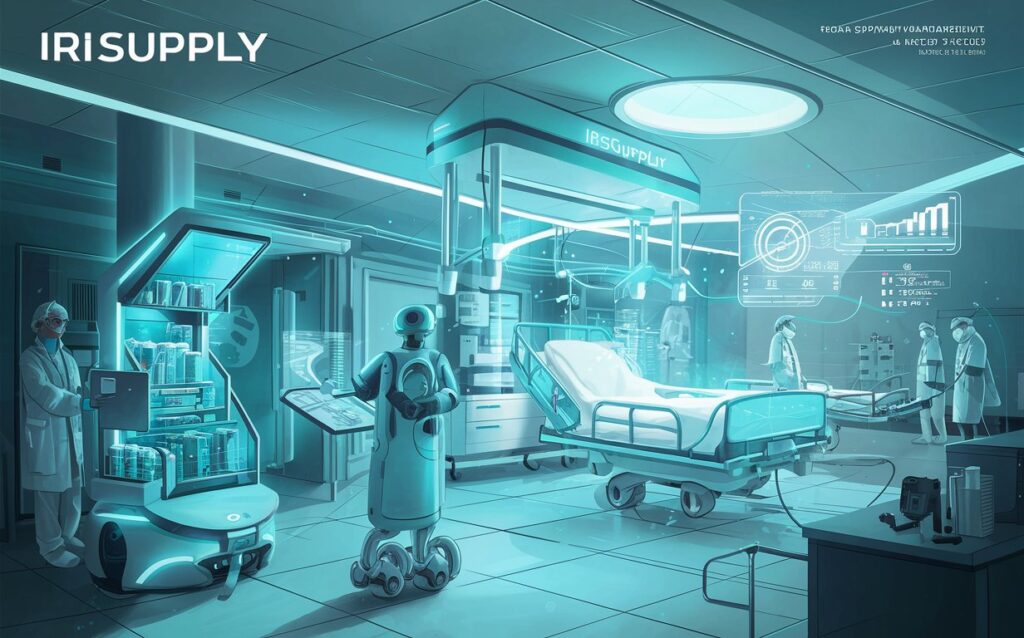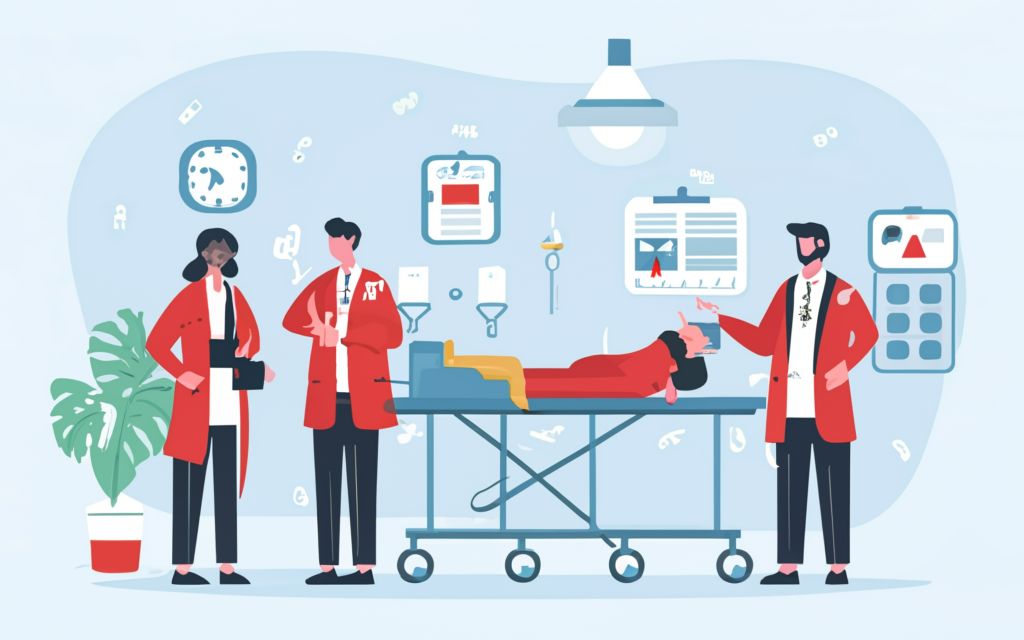Revolutionizing GI Care: UPMC’s Transformation with iRIScope
In the dynamic landscape of healthcare, the University of Pittsburgh Medical Center (UPMC) stands out as a beacon of innovation and excellence. With over 40 facilities spread across Pennsylvania, New York, and Maryland, UPMC is renowned for its cutting-edge research, outstanding patient care, and comprehensive training programs. A recent milestone in its journey of continuous […]
Revolutionizing GI Care: UPMC’s Transformation with iRIScope Read More »

